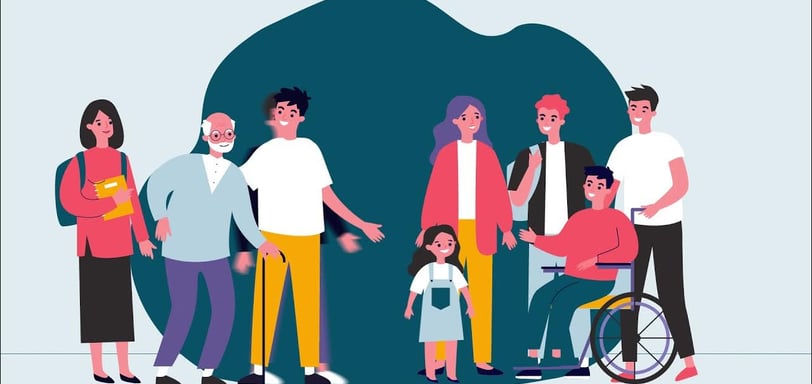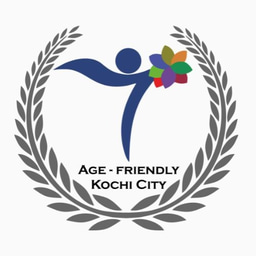Building a City for All Ages: Why Strong Community and Healthcare Are Essential
A city that prioritizes strong community connections and accessible healthcare ensures a high quality of life for residents of all ages.
COMMUNITY SUPPORT AND HEALTH SERVICES
Dr Sharon Anna Thomas
5/1/20242 min read


Imagine a city that feels welcoming, safe, and supportive, no matter your age. This is the vision behind the World Health Organization's (WHO) Age-friendly Cities initiative. One crucial domain in this framework focuses on community support and health services. Let's explore why this domain is vital for everyone, with a particular emphasis on our valued elderly population.
Stronger Together: Community for All Ages
A vibrant community fosters connection and belonging. This is important for everyone, but especially for older adults who may face social isolation or loneliness. Age-friendly communities offer opportunities for engagement, like senior centers with social activities, intergenerational programs that connect young and old, and volunteer initiatives that allow older adults to share their skills and experience.
These connections aren't just feel-good moments. They combat social isolation, a growing public health concern linked to depression, cognitive decline, and even an increased risk of mortality. A strong community provides a safety net, offering emotional support and a sense of purpose, all vital for healthy aging.
Healthcare: A Lifeline for Every Stage
Accessible and high-quality healthcare is another pillar of this domain. This includes preventive care, chronic disease management, and geriatric specialists who understand the unique needs of older adults.
Here's why accessible healthcare matters:
Early detection and prevention: Regular checkups can identify health issues early, allowing for better treatment outcomes.
Managing chronic conditions: Many older adults live with chronic conditions like diabetes or heart disease. Accessible healthcare helps manage these conditions, improving quality of life and preventing complications.
Mental health support: Mental health challenges are just as important as physical health. Age-friendly communities offer access to mental health services, addressing issues like depression and anxiety.
Beyond Accessibility: Tailoring Care for Seniors
While accessibility is key, senior-specific care goes a step further. Geriatric specialists understand the physiological changes associated with aging, allowing them to provide more effective treatment. Additionally, age-friendly healthcare facilities might offer features like:
Reduced wait times: Long waits can be physically challenging for older adults.
Accessible facilities: Ramps, wider doorways, and grab bars ensure ease of movement.
Large print information and clear communication: Catering to potential vision or hearing difficulties.
Building a City for Life
By prioritizing community and healthcare, we create a city that truly works for everyone. This isn't just about supporting our elderly population, though it's certainly crucial. It's about creating a model that fosters well-being at every stage of life. Let's build a city where everyone feels connected, supported, and empowered to live their healthiest life, regardless of age.
What can you do?
Support local initiatives that promote social connection and community engagement for older adults.
Advocate for strong and accessible healthcare services in your community.
Reach out to older adults in your neighborhood and offer a helping hand.
Together, we can build a city that embraces the richness of all ages, creating a thriving and supportive environment for everyone to call home.
